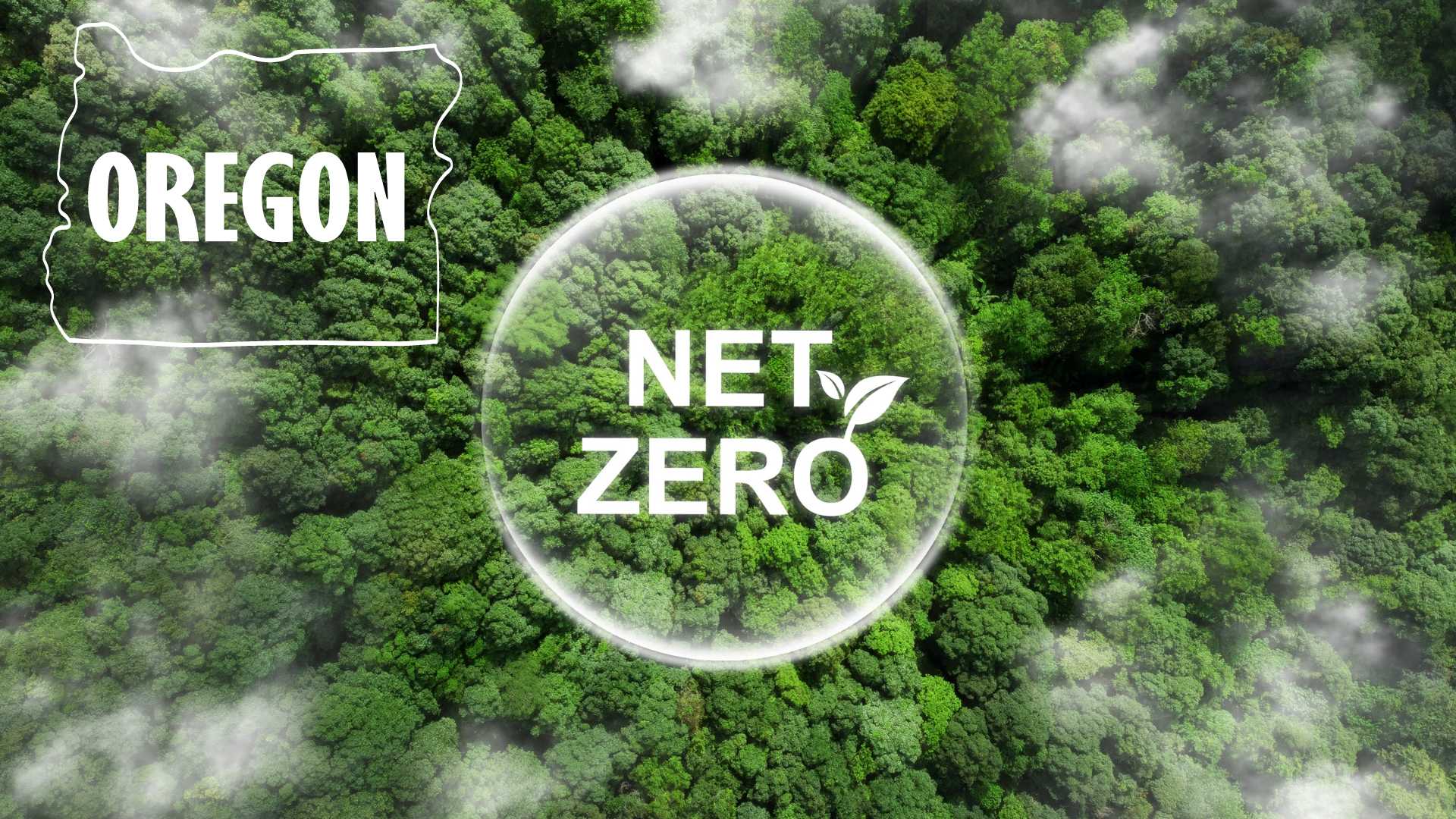
Importance of a net zero plan for Oregon Investment Council
June 6, 2024
Nichole Heil, PESP climate research and campaign coordinator, submitted public comment to the Oregon Investment Council (OIC) in its latest meeting on May 29th, sharing with the OIC board about the importance of implementing the Net Zero plan proposed by Treasurer Read as part of a prudent program to mitigate the risks of climate change.
The OIC is responsible for managing and distributing the investments for various State of Oregon trust funds, such as the Oregon Public Employees Retirement Fund, the Common School Fund, and the State Accident Insurance Fund. Members of the Council are held to a fiduciary standard. The governor appoints four members, while two ex officio members include the State Treasurer and the director of the agency overseeing the Public Employees Retirement System.
The treasury’s analysis found Real Assets and Private Equity make up a disproportionately high share of OPERF’s emissions at 46 percent. This corroborates research that private market managers are lagging in climate policies and disclosures.
Oregon’s private markets managers continue to retain and expand fossil fuel holdings in ways that are incompatible with a livable planet, and would jeopardize the Net Zero plan’s reasonable emissions reduction target of 35% emissions intensity cut by 2035.
For example, the OIC infrastructure funds are invested in five Liquefied Natural Gas export terminals, some already operational, others proposed – combined they have the potential to emit over 26 MT CO2e a year if built.
Communities from South Texas have traveled to the OIC meetings previously to urge the council to call upon Global Infrastructure Partners to halt the proposed Rio Grande LNG terminal due to the harmful impacts on local ecosystems, economies and cultures.
The economics of building LNG terminals are another problematic issue to consider. Research from the Institute for Energy Economics and Financial Analysis (IEEFA) found that the LNG industry is on track to be in oversupply within the next two years with overseas demand highly uncertain.
The U.S. LNG export industry also faces regulatory uncertainty and risk as lawmakers and regulators take note of the negative impacts of the industry’s unchecked growth, including the impacts of gas exports on skyrocketing domestic gas prices. In January of 2024, the White House paused US Department of Energy (DOE) export authorizations for LNG projects.
The OIC is also an investor of Gavin, the nation’s deadliest coal plant in 2023 according to Sierra Club, due to the health hazards of its particulate matter that spreads across the Eastern seaboard. Since Blackstone acquired Gavin in 2016 it has spewed over 106 million metric tons of CO2 into the atmosphere, placing it among the nation’s worst polluters.
These examples underscore the urgency of implementing the Net Zero plan with coherent and consistent engagement with managers including the following steps outlined in the plan:
- Restrict future fossil fuel commitments
- Pushing private markets managers to set Net Zero targets and credible transition plans
- Aligning manager and fund selection with climate goals through due diligence & data, and
- Regular monitoring and tracking progress
